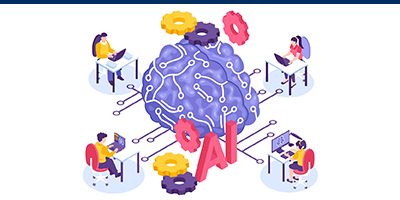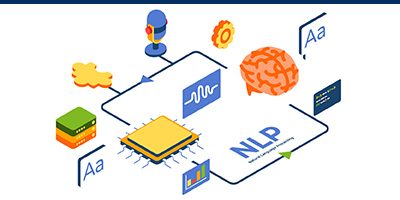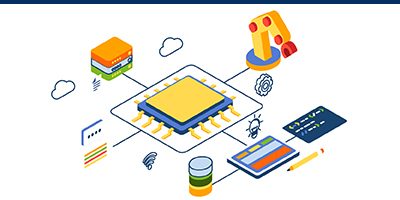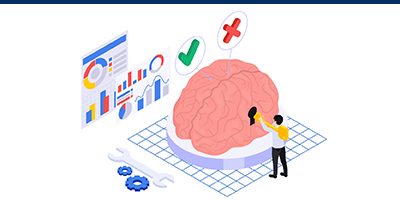Foundation of LLMs
(14 hrs)
Contact our learning specialists at +65 6376 0777 or write to
skillsmastery@sqcentre.com for more information.
Home / Data, Tech & AI / Foundation of LLMs (14 hrs)
*Classroom-based Learning*
In this dynamic 2-day workshop, participants will embark on an immersive journey into the realm of Large Language Models (LLMs) with a strong emphasis on practical learning. From understanding the foundational concepts of language models to hands-on implementation and real-world applications, this workshop is designed for those eager to bridge the gap between theory and action in the field of Natural Language Processing (NLP).
Through a carefully crafted blend of interactive modules, coding sessions, and group projects, participants will gain the skills necessary to not only comprehend the inner workings of LLMs but also to harness their power to solve tangible problems across various industries.
Key Benefits
- Develop a strong foundational understanding of LLMs
- Foster practical skills by guiding participants through workshops with popular LLM libraries
- Be able to apply LLM knowledge to solve industry problems through case studies and group projects.
- Gain and be instilled with awareness of ethical considerations in LLM usage, encouraging participants to assess and mitigate bias for responsible deployment.
- Be equipped with the skills to build, fine-tune, and deploy LLM-based applications, empowering them for confident integration into professional projects.
Course Contents

Introduction to Language Models
- What are LLMs?
- History and evolution of LLMs
- Applications of LLMs
- Case studies of successful LLM implementation

NLP Fundamentals - Essential for Practical LLM Use
- Basic NLP tasks: text classification, sentiment analysis, named entity recognition, machinetranslation, and more.
- Preprocessing text data: tokenization, stemming, lemmatization
- Word embeddings: Word2Vec, GloVe, and FastText

How LLMs Work?
- Architecture of LLMs
- Self-attention mechanisms
- Pretraining and fine-tuning
- Handling input data and tokenization
- Overview of popular LLMs: GPT, BERT, RoBERTa, and more
- Strengths and weaknesses of different models

Hands-on with LLMs - Getting Started
- Setting up the development environment
- Exploring LLM libraries (e.g., Hugging Face Transformers)
- Basic text generation exercises

LLMs in Text Generation, Summarization and Text Classification
- Text completion, summarization and generation with LLMs
- Fine-tuning for text classification tasks
- Creative and practical use cases

Ethical Considerations and Bias in LLMs
- The issue of bias in LLMs
- Strategies to mitigate bias
- Ethical considerations when using LLMs

Building and Deploying LLM-Based Applications
- Building a simple LLM-based application
- Deployment options and consideration
Who Should Attend
This workshop is suitable for individuals aspiring to learn about how LLMs work and their application in Generative AI.
*This programme is customisable to suit organisational needs. Please contact us for exclusive and attractive corporate rates.
Trainers
Our panel of Data Science trainers is equipped with the necessary skills, knowledge, and experience to provide participants with a comprehensive training experience. With a minimum of 10 years of professional experience and holding at least a Bachelor's degree in Computer Science or related fields, the panel has worked with professionals, executives, and students from diverse backgrounds. The practical and hands-on approach of the training methodology, combined with personalised support and feedback, ensures that participants gain a deeper understanding of data science concepts and techniques. The panel's expertise in a wide range of data science tools and technologies, combined with their commitment to staying up-to-date with the latest trends, means that participants receive the most relevant and cutting-edge training possible.






